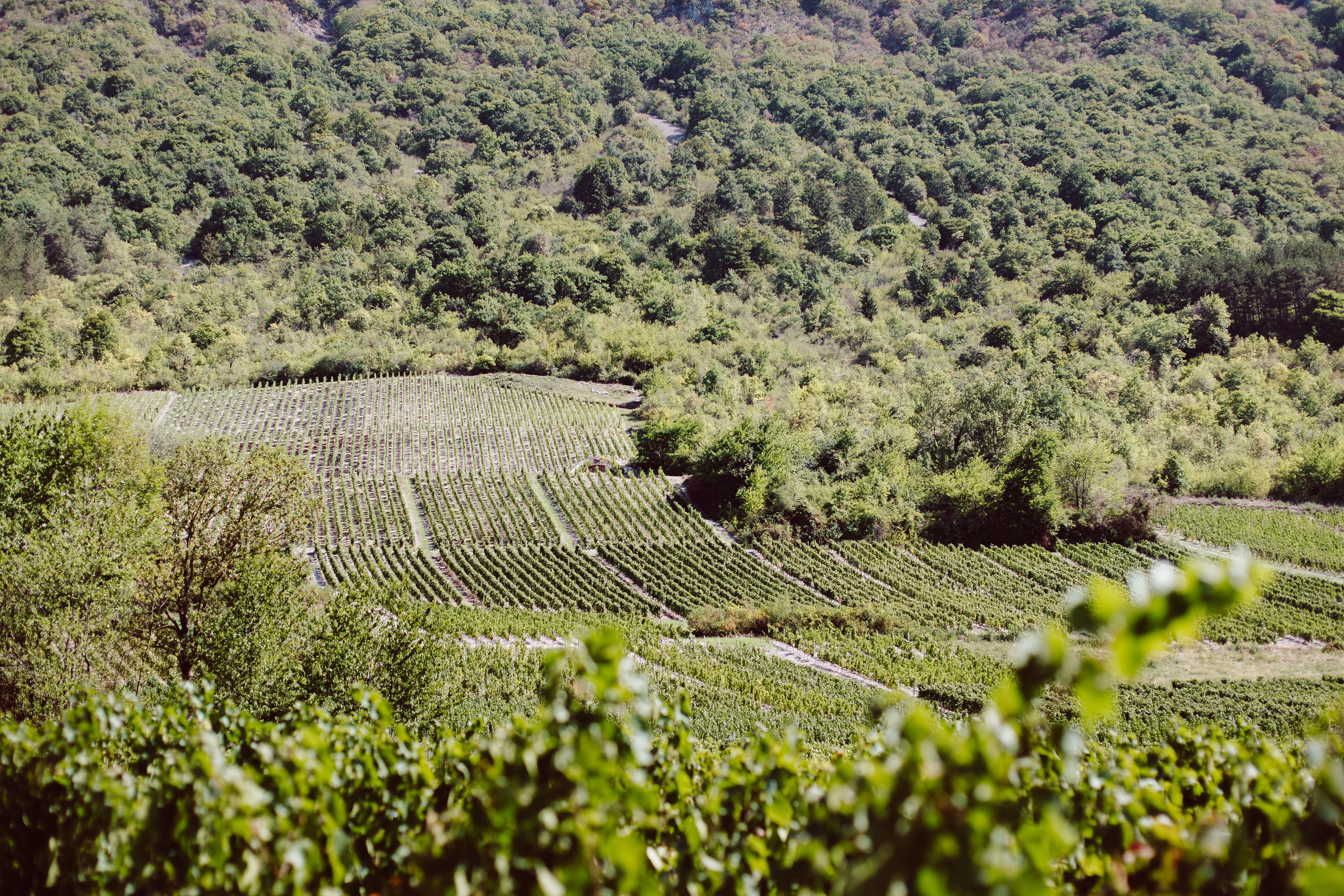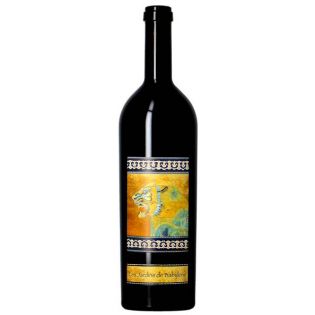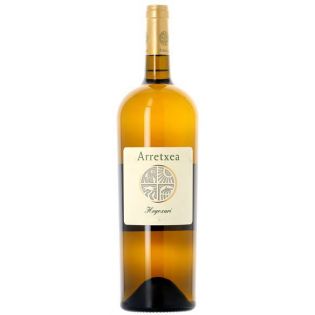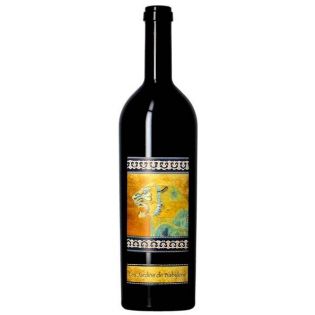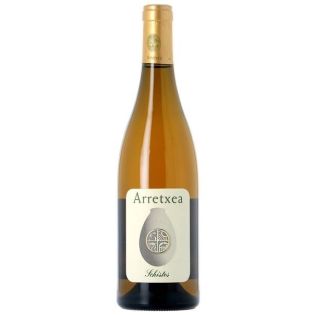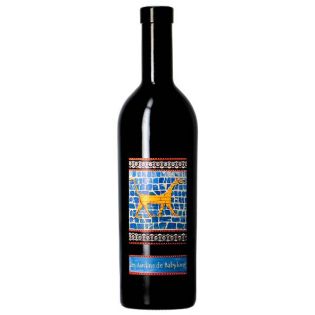
South West
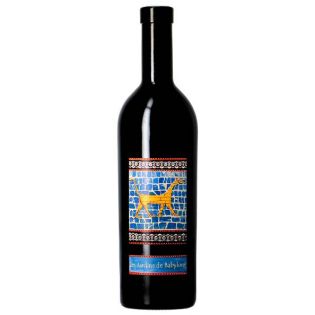
South West vineyards: taste a rich range of wines
This is one of the largest vineyards in France. With its 47,000 hectares, the vineyards of the South-West offer an impressive diversity of landscapes, climates, grape varieties... and wines. Between the Pyrenees and the Massif Central, the vineyards are particularly fragmented and are spread over all the departments of the region, with the exception of the Gironde, the land of Bordeaux wines. From the Bordeaux region, the vineyards of the South-West retain some influences, notably through their grape varieties. Native varieties, numerous in the South-West, also give their typicity to the local wines, available in the three colours. A land of high gastronomy, where the love of the product and a certain art of living are cultivated, the South-West is also a great vineyard, with AOC and IGP wines to be discovered now.
General presentation of the vineyards of the South-West
The pilgrims who, since the Middle Ages, have walked the roads to Santiago de Compostela, know this vineyard and its many riches well. From castles to abbeys, from river valleys to steep hillsides, the South West offers an astonishing diversity of landscapes, always breathtaking. From Périgueux in the north to the Pyrenean foothills in the south, from the Landes in the west to Millau in the east, the vineyards of the South-West cover almost 50,000 hectares, spread over all the departments in the region.
In terms of wine production, red wines are in the majority. They are followed by rosé wines. White wines, sometimes dry, sometimes sweet, sometimes sweet, represent less than 10% of the total production. There are 300 different varieties, including 120 indigenous varieties, which give the wines of the South-West their marked identity.
The main grape varieties of the South-West are :
- In red: négrette, duras, tannat and malbec (or cot), as well as cabernet franc, cabernet-sauvignon, merlot, fer servadou, prunelard, syrah...
- In white: colombard, mauzac, gros and petit manseng and len de l'el (far from the eye) as well as arrufiac, baroque, chenin, sauvignon...
The appellations
With such a large territory, the South-West is the source of a large number of AOC and IGP. These denominations are usually grouped into several geographical sub-groups, which we suggest you discover below.
Vineyards of the Piedmont of the Massif Central
In the north-east of the vineyard, we are here between the Lot and Tarn valleys, flirting with the Auvergne borders. 7 AOCs are listed on the Lot, Aveyron and Tarn:
- AOC Côtes de Millau: in the Aveyron Tarn valley, around Millau, Roquefort and Aguessac, red wines dominate with grape varieties mainly made of Gamay and Syrah.
- AOC Gaillac: this appellation has 73 communes spread out on either side of the Tarn, north-east of Toulouse and west of Albi. This AOC offers a wide range of wines in the 3 colours as well as sparkling wines. The wines find their typicality in the local grape varieties which are mauzac, ondenc, len de l'el or duras.
- AOC Entraygues-le-Fel: this very small vineyard extends into the Cantal. The vineyard of Fel traditionally produces red wines while that of Entraigues is more dedicated to white wines.
- AOC Vins d'Estaing: near Espalion, north of Rodez, this AOC produces red and rosé wines made from Fer-Servadou and Gamay grapes, as well as white wines made from a blend of Chenin, Mauzac and Rousselou.
- AOC Coteaux du Quercy: this vineyard covers 33 communes in the south of Quercy, between the Cahors and Gaillac appellation areas. Here, Cabernet Franc dominates.
- AOC Cahors: in the Lot, this red appellation gives pride of place to the local grape variety, Malbec, which is also called Auxerrois or Cot.
- AOC Marcillac: this is the most important appellation in Aveyron, historically linked to the famous abbey of Conques. Its main grape variety is fer-servadou, also called mansois, which is used to make red and rosé wines.
Moyenne Garonne
This vineyard extends around Agen and Montauban, straddling the departments of Tarn-et-Garonne, Haute-Garonne, Gers and Lot-et-Garonne. It produces mainly red wines, with négrette as the typical grape variety. Some AOCs are reminiscent of Bordeaux in their grape varieties.
- AOC Buzet: located around Damazan, between Agen and Marmande, and uses Bordeaux grapes in its blended wines
- AOC Brulhois: near Agen, this vineyard is crossed by the Gers and produces mainly red wines.
- AOC Saint-Sardos: between Toulouse, Montauban and Agen, this young AOC offers wines mixing syrah and tannat with cabernet franc and merlot.
- AOC Fronton: at the gates of Toulouse and near Montauban, this vineyard cultivates the négrette. The red wines also include Cabernet and Gamay or Syrah.
- AOC Côtes du Marmandais: located halfway between Agen and Bordeaux, this vineyard ensures the transition between the two wine regions. It is the source of white and rosé wines that are often renowned.
Bergeracois and Duras
These vineyards are mainly concentrated in the Dordogne, south of Périgueux. Mostly Bordeaux grape varieties are grown here: Sauvignon, Semillon and Muscadelle for whites; Cabernet Sauvignon, Cabernet Franc and Merlot for reds.
- AOC Bergerac, AOC Côtes de Bergerac and AOC Côtes de Bergerac moelleux: around the town of Bergerac, this is the largest appellation in the Périgord. The reds and whites are generally appreciated.
- AOC Monbazillac: some communes produce sweet wines typical of the region.
- AOC Montravel, AOC Côtes de Montravel and AOC Haut Montravel: in the land of Montaigne, a stone's throw from Bordeaux, this vineyard favours Merlot for its red wine, as well as Sauvignon and Semillon for the white wine.
- AOC Pécharmant: located in the Bergerac area, it produces red wines.
- AOC Saussignac: a very small AOC close to Bergerac, producing white, sweet or syrupy wines.
- AOC Rosette: this relatively small AOC located north of Bergerac produces Semillon, Sauvignon and Muscadelle for sweet white wines.
- AOC Côtes de Duras: between Marmande and Bergerac, this appellation gives pride of place to Bordeaux grapes and provides a link with the Entre-Deux-Mers.
Pyrenean Piedmont
South of the Garonne and the South-West vineyards, at the foot of the Pyrenees, this region offers wines with a strong personality.
- AOC Floc de Gascogne: this AOC includes a liqueur wine mutated with Armagnac as well as white and rosé wines.
- AOC Irouléguy: in the heart of the Basque Country, this is one of the smallest wine-producing areas in France. Around Saint-Jean-Pied-de-Port and Saint-Etienne-de-Baïgorry wines are produced in all three colours.
- AOC Madiran: to the north of Pau, this appellation enjoys a good reputation, particularly for its reds, in which the local tannat dominates.
- AOC Tursan: in the Landes, Baroque is the preferred white grape variety. Nicknamed the vineyard of Eleanor of Aquitaine, it spreads around Geaune, south of Mont-de-Marsan.
- AOC Béarn: on the banks of the Gave du Pau, this appellation concerns wines in all three colours.
- AOC Jurançon: it is renowned for its sweet, syrupy and dry white wines, for their quality, but also because Jurançon is said to have been the baptismal wine of Henri IV.
- AOC Pacherenc-du-Vic-Bilh: in the Béarn region, this AOC produces dry or sweet white wines.
- AOC Saint-Mont: in the south-east of the Gers, on both banks of the Adour, a few dozen communes are involved and mainly grow indigenous grape varieties: tannat in red with iron-servadou and cabernet-sauvignon in red and gros manseng with arrufiac and petit courbu in white.
The IGPs
Several PGIs still enliven the vineyards of the South-West:
- IGP du Comté de Tolosan: it is the largest denomination of the South-West.
- IGP Coteaux de Glanes
- PGI Côtes du Lot
- IGP Thézac-Perricard
- IGP Aveyron
- IGP Côtes du Tarn
- IGP Gers
- IGP Côtes de Gascogne
- IGP Ariège
- IGP Lavilledieu
- IGP Landes
- IGP Agenais
Appellations
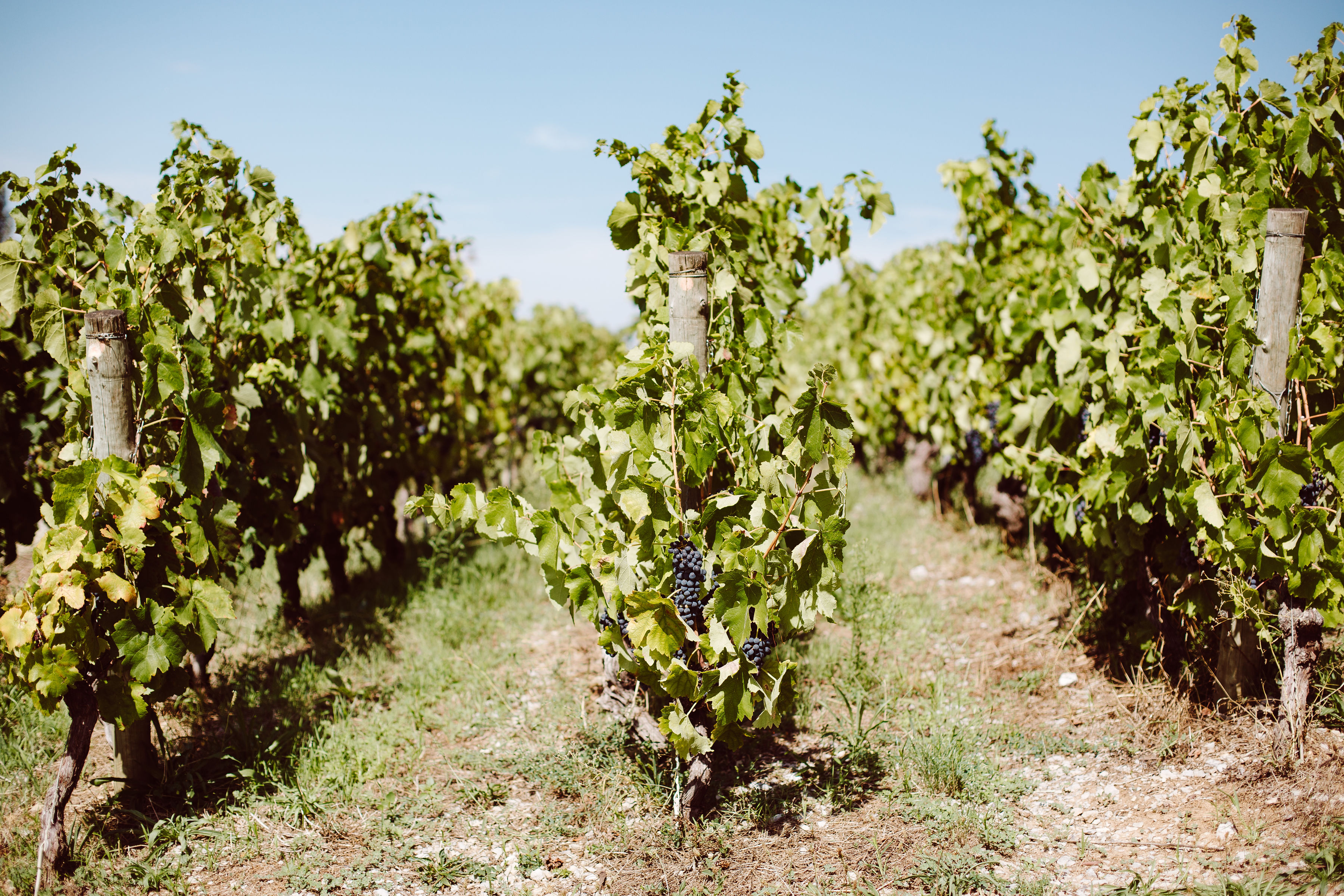
Cahors AOP
Pacherenc-du-Vic-Bilh PDO
Montravel PDO
Pécharmant AOP
Marcillac PDO
Irouléguy PDO
PGI Côtes du Tarn
Bergerac PDO
Jurancon PDO
Fronton PDO
Gaillac PDO
Côtes-de-Bergerac PDO
Monbazillac PDO
Côtes-du-Marmandais PDO
Madiran PDO
IGP des Côtes Marmandaises
Le vignoble
